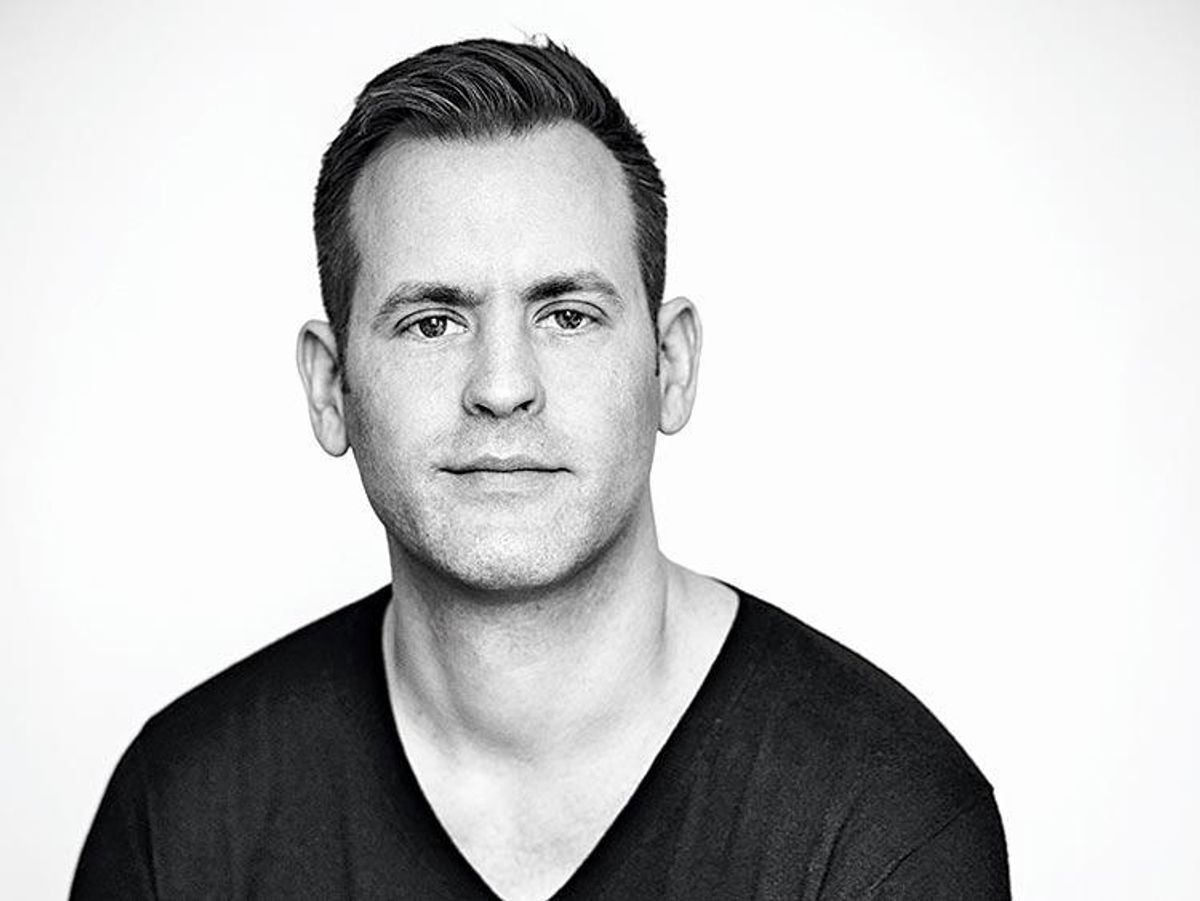
Like many of us, Matthew Breen will always remember where he was when the Supreme Court ruled for marriage equality.
November 05 2015 9:03 PM EST
April 18 2016 8:09 AM EST
By continuing to use our site, you agree to our Private Policy and Terms of Use.

Like many of us, Matthew Breen will always remember where he was when the Supreme Court ruled for marriage equality.
2015 is a pretty good number. When I'm older and memories melt further into each other, 2015 will be easy to remember, as the year the United States achieved marriage for all. When I was in my early 20s, coming out as a gay man and coming into queer political consciousness, I was certain I'd be an old man before gay marriage came around. "In my lifetime?" was a question -- far from a certainty. 2015 is decades earlier than the vague notion I carried around for years.
A lower, rounder number, like 2010, or even 2000, might've been an even easier number to recall, but 2015 is the year we'll commit to memory -- and I'm certain I'll always remember where I was when I got the news. I was tweeting through tears of happiness in a hotel lobby in London.
America had good company in 2015, with Ireland, Greenland, and Finland also extending that right to its citizenry. We lagged after most of the U.K. (looking at you, Northern Ireland), and embarrassingly far behind cool, freedom-loving places like New Zealand, Iceland, Sweden, Canada, Spain, and the Netherlands, among other countries. But, damn it -- the U.S. was beaten to the punch by France. Anxious Francophobes (see: "Freedom Fries") could've saved themselves potential embarrassment by helping to settle this matter years ago.
We selected the Supreme Court as 2015's People of the Year because their decision in June had the most wide-ranging impact on the lives of LGBT people in this country. The choice is also symbolic; the justices' momentous decision was not theirs alone, but the culmination of the work of thousands of campaigners, legislators, activists, and Regular Janes who, over many decades, fought to bring the inherent dignity of same-sex relationships into the public discourse and the spotlight of the law.
Associate Justice Kennedy's decision was poetic, affirming our dignity under the Constitution, and his language will be cited in many civil rights cases in the future. It materially affected people in 13 states who wanted to wed but hadn't been allowed to marry under their states' laws. And insofar as the United States is viewed as a (however imperfect) leader in civil rights, the Supreme Court decision may encourage other countries to move into the marriage equality column with us.
Another result was to eradicate the circular argument that our enemies often used when opposing our rights: Gay marriage is illegal, therefore it is bad, therefore it should remain illegal. Making good law doesn't always cure a social ill like discrimination. (Even South Africa, the only nation with protections against discrimination written into its constitution, still has terrible problems with violence against queer people.) But America is not a single culture; as a melting pot, we don't all share eons-old cultural mores and taboos that dictate our behavior. Instead, we have laws designed to allow people from different backgrounds to peaceably coexist.
And marriage equality law, as it has done in Massachusetts since 2004, will gradually have the effect of making gay marriage a less divisive issue. The rejection of mixed-race marriages has been illegal since Loving v. Virginia in 1967. And though some still reject them, such bigotry is shameful throughout the country and finds no shelter in the law. (We have to remain vigilant against anti-LGBT bigots finding refuge in "religious freedom" laws.)
It would be wonderful if all our neighbors, cousins, and colleagues loved and accepted us for who we are, now. We're not there, so we'll need some patience along with our vigilance. But I imagine that there are many people who never gave LGBT rights a whole lot of thought, but who respect the law as a general guide for a decent life. The argument that we exist outside the law cannot sway them any longer.
Matthew Breen tweets at @matbreen